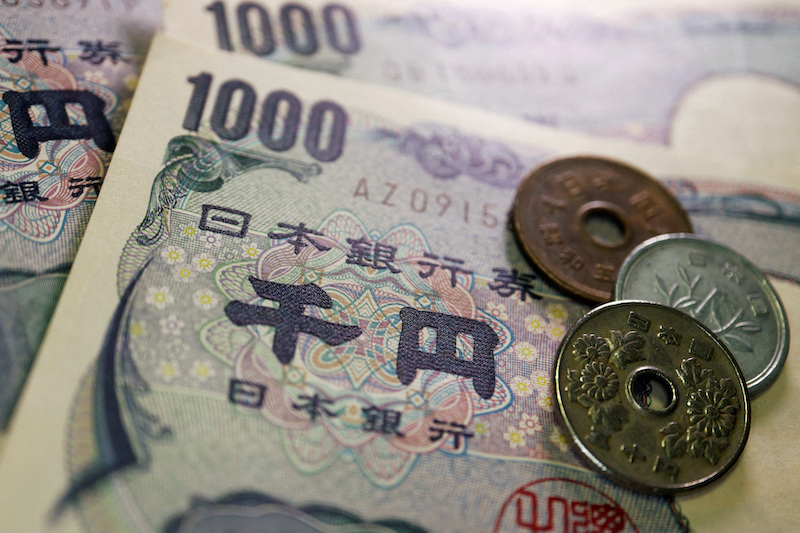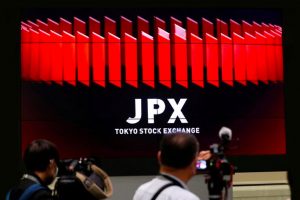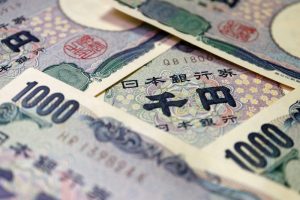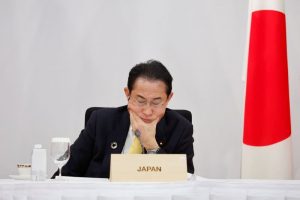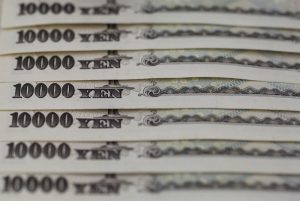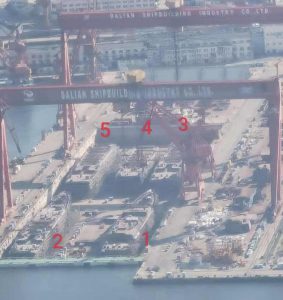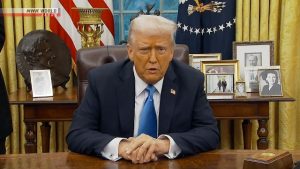Japan’s central bank, the only one globally that now has negative rates, is unlikely to budge from its position this year, Nomura Asset Management said.
The central bank is committed to keeping borrowing costs low to grease the wheels of the economy, despite aggressive tightening worldwide to combat inflation, analysts said.
It has, though, hinted that it will alter its yield curve control – where it guides short-term rates at -0.1% and 10-year Japan government bond yield around zero – at some point.
Also on AF: Nikkei Sell-Off Ends Rally, Hang Seng Lifted by Stimulus Hopes
Nomura Asset Management CIO, Equity, Yuichi Murao said while a policy tweak was likely around mid-year, an official rate rise was not an immediate prospect.
“The negative interest rate policy is going to be in place for the next 12 months in our view,” Murao said, adding that allowing rates to move into positive territory would probably be “the last thing” the BOJ would do.
Japan’s 10-year bond yield is at 0.41%, versus a 10-year US Treasury yield at 3.8%. The BOJ jolted markets late last year by allowing 10-year yields to rise to a limit of 0.5%.
Nomura Asset Management runs around $485 billion and is the largest provider of exchange-traded funds in Japan.
Even with rock-bottom yields, cash has poured into Japanese markets. The Nikkei 225 has gained 22% in 2023 to over 30-year highs and is the best-performing major index this year. Fund managers say interest in Tokyo stocks is at a decade high.
And for all the AI-inspired hype that has helped push the S&P 500, with its tech megacaps, up 12% this year, an equal-weighted version of the index is up just 1.8%.
Yen weakness, cheap valuations and corporate reforms have helped lure foreign cash. But domestic investors have yet to bring money home, Murao said.
Japanese investors hold around $1.84 trillion in foreign assets, according to Deutsche Bank.
Japan ‘Lacks Poster Child’
“Recent inflows into Japanese markets are mainly driven by the foreign investors,” Murao said.
“I would have said there is no repatriation, or money flow, not yet,” he added. “Many Japanese retail investors are mainly focused on global equities.”
Part of the issue is institutional investors have to find suitable assets to hedge long-term liabilities and are unlikely to make any seismic shifts soon, he said.
Another problem is the lack of a poster child for “Japan Inc” compared to a long list of big US names, from Apple to Visa. The Nikkei’s largest components are Toyota Motor and Sony, but the majority are less well-known.
“I’ve met several activists coming to Japan to try to change the corporate behaviour and corporate structures and they say they want to see a global champion in the Japanese market, otherwise there is no reason to buy these corporations in Japan,” Murao said.
He cited Uniqlo brand owner Fast Retailing and PlayStation creator Sony as good examples.
“We do not really have a global champion such as Google, Amazon or Meta in the Japanese markets,” Murao added.
- Reuters with additional editing by Sean O’Meara
Read more:
Japan PM Kishida’s ‘New Capitalism’ Action Plan For Growth
Bank of Japan to Hold Firm on Ultra-Easy Policy: Economists
New BOJ Boss Ueda Sees Wages Rising, Global Rebound




